According to the Polyas Election Glossary, swing states represent parts of the U.S. where either presidential candidate could win the majority vote. In recent election years, swing states, also known as battleground states, have played a dramatic role in the turnout of different races, which resulted in candidates working diligently to secure votes from swing citizens. This year’s seven battleground states include Michigan, Arizona, Wisconsin, Pennsylvania, North Carolina, Nevada and notably Georgia. As youth voters in the Peach State head towards the ballot box, the anticipation of voting in a pivotal election may provide a level of thrill over their actions. For magnet senior Olivia “Livie” Duby, that feeling certainly hovers over her democratic action and fuels her hopefulness to vote.
“I’ve always wanted to vote. It was never really something I felt I needed to do, but rather something that I wanted to do. I feel like our system is loosely governed by the people. Generally, our laws are for the benefit of our country, which is why I want to vote to keep our system progressing instead of going back,” Duby said.
 Since her freshman year, Duby has immersed herself in several organizations around NC. From tennis to color guard, National Honors Society and Tri-M, Duby poses as no stranger to the array of identities and viewpoints around the school. As one of the first students within her clubs to own the right to vote, she recognizes the cruciality of not only voting on behalf of her diverse, ineligible classmates but also voting in a way that could cultivate change in an important swing state. Georgia, who swung blue in the 2020 Presidential Election by a margin of 13,000 votes, has played host to both presidential candidates — Vice President Kamala Harris and Former President Donald J. Trump — in a series of campaign events over the last few months. With the intense degree of campaigning occurring less than an hour from NC’s campus, voting students like Duby feel the weight of how essential voting stands this year.
Since her freshman year, Duby has immersed herself in several organizations around NC. From tennis to color guard, National Honors Society and Tri-M, Duby poses as no stranger to the array of identities and viewpoints around the school. As one of the first students within her clubs to own the right to vote, she recognizes the cruciality of not only voting on behalf of her diverse, ineligible classmates but also voting in a way that could cultivate change in an important swing state. Georgia, who swung blue in the 2020 Presidential Election by a margin of 13,000 votes, has played host to both presidential candidates — Vice President Kamala Harris and Former President Donald J. Trump — in a series of campaign events over the last few months. With the intense degree of campaigning occurring less than an hour from NC’s campus, voting students like Duby feel the weight of how essential voting stands this year.
With the presence of politics swirling fervently around her, Duby, like other young voters, relies on credible resources and intentional conversations to educate their votes in a non-partisan manner. Through publications like Forbes, Reuters or National Public Radio (NPR), young people can gain an equal understanding of both sides of the political spectrum through an unbiased lens. By engaging with her student body, Duby can also gain insight into the lives of communities impacted by potential election results, and understand how living in a swing state may impact their ideals. By informing herself, she, along with 25 million other Americans, has effectively cast an early vote in this historical race.
“Living in a swing state has directly impacted my decision to vote. There are many issues that need to be addressed, and I know that by electing certain officials to office, those issues will be more likely to be resolved. I want my friends and family to live in a society where they aren’t afraid, one where they feel safe and comfortable. I hope that by casting my vote, it will help to find a resolution to the division in my state,” Duby said.
With the election ten days away, and early voting ending even sooner November 1, studying up on the importance of living in a swing state this year should stand at the forefront of voters’ minds. By reaching out to local elections offices or researching through unbiased sources, understanding the significance of swing states can help any citizen head towards Election Day feeling confident. As one of seven battleground areas, Georgians — especially young ones like Duby — can influence this race like never before.



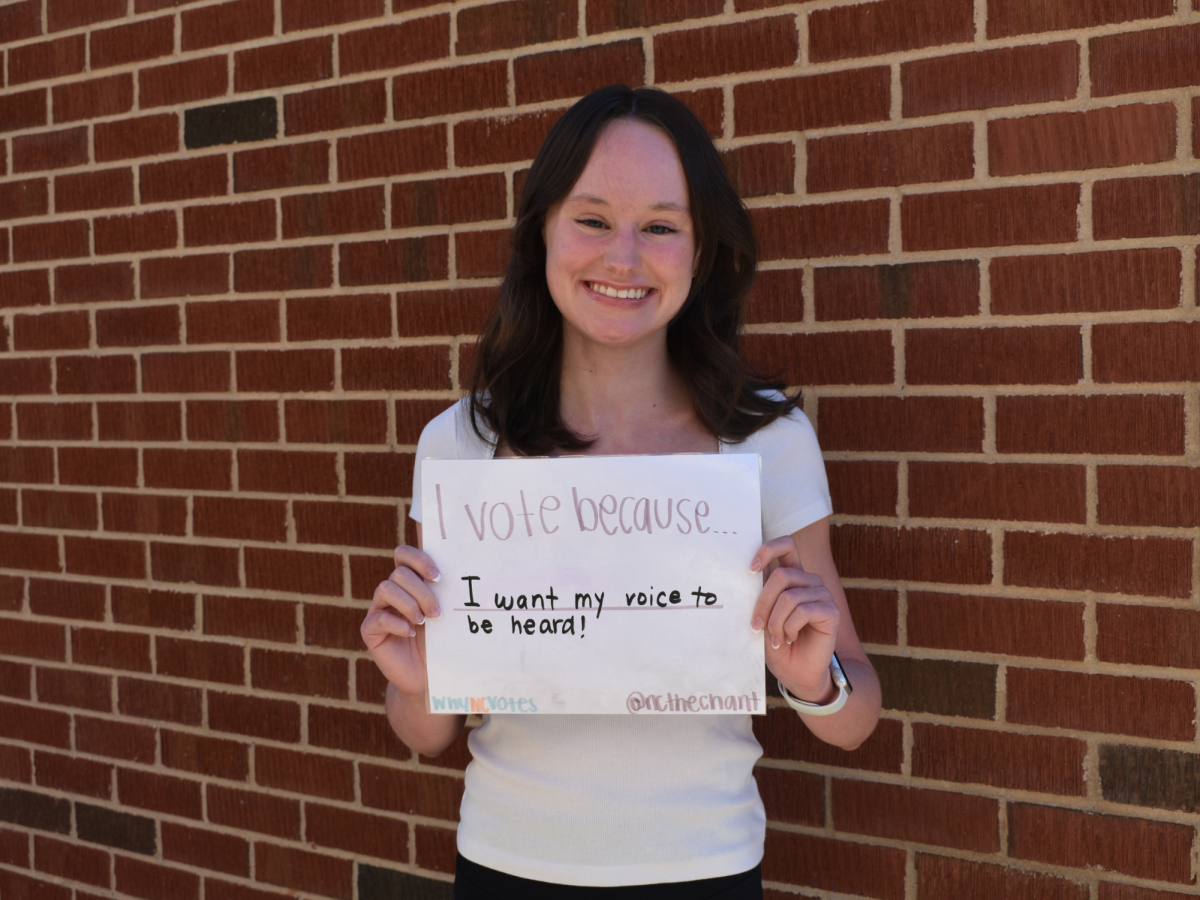

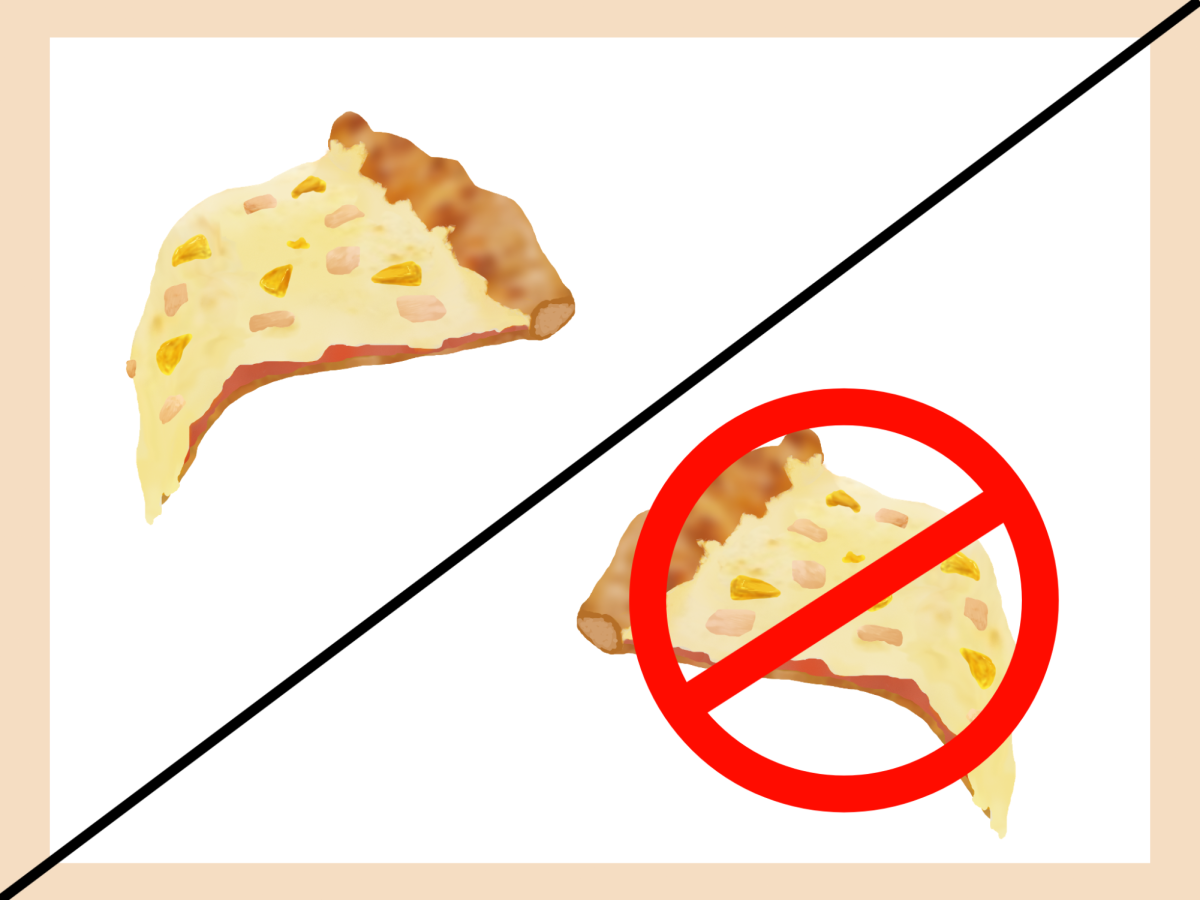




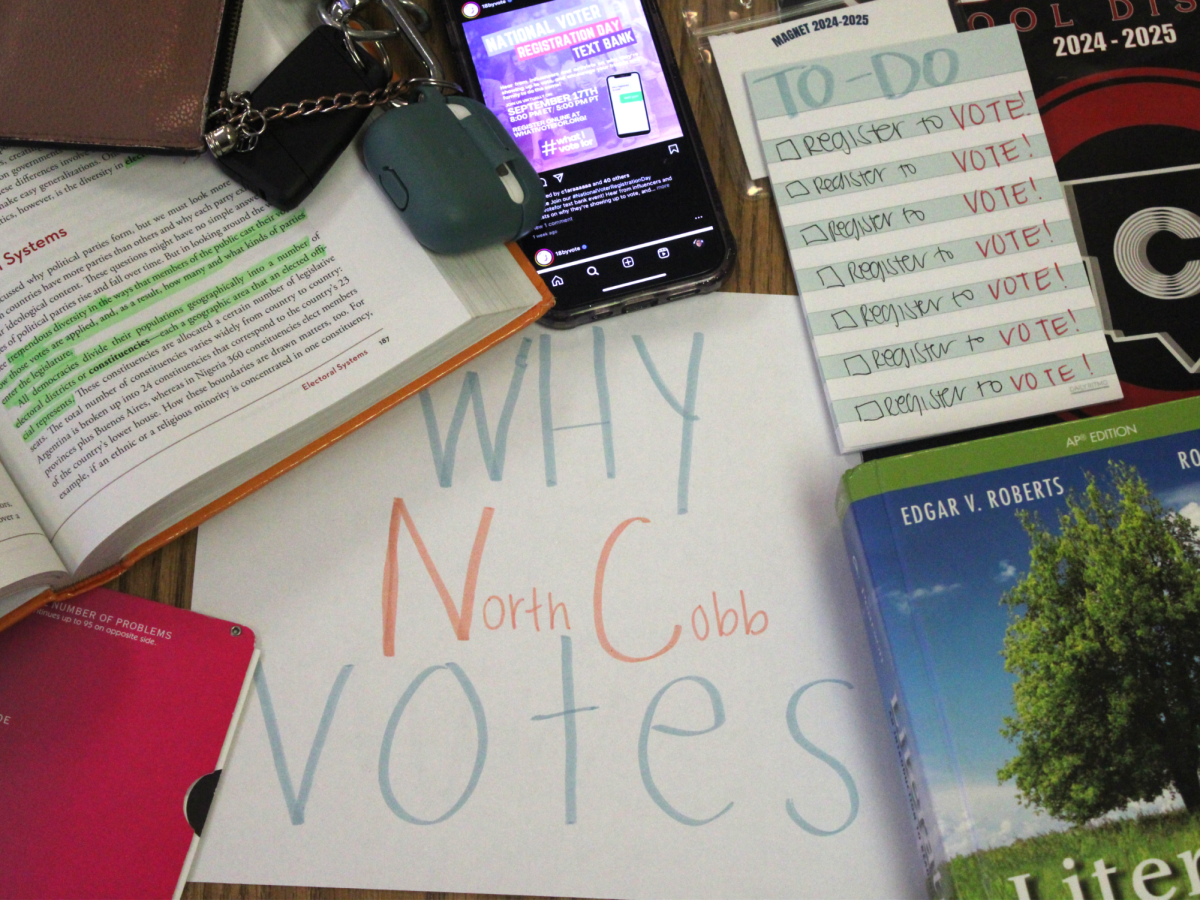
![During an election season, several Americans recall the extensive history — and conflict — with how voting has operated. The vast and often frustrating methods of voting used in decades past can allow modern citizens to appreciate the current methods in place, while also remembering the fond memories that occurred on the civic struggle bus. For Advanced Placement (AP) Macroeconomics and honors government and economics teacher Dr. Pamela Roach, her knowledge and lived experiences of different voting eras allow her to cherish her civic duty, and teach her students to do the same. Although it may not be the most efficacious, I think voting is one act of political participation. You [can] write and email your elected representative, whether it's at the local state or national level. [That] has a place in democracy because how else will those elected officials know what we, the people, want? ‘We the people’ is a powerful phrase, and no one takes the time to actually go and let their voice be heard by these individuals. So yeah, your voice matters,” Roach said.](https://nchschant.com/wp-content/uploads/2024/11/roach-photo-1-1200x900.png)
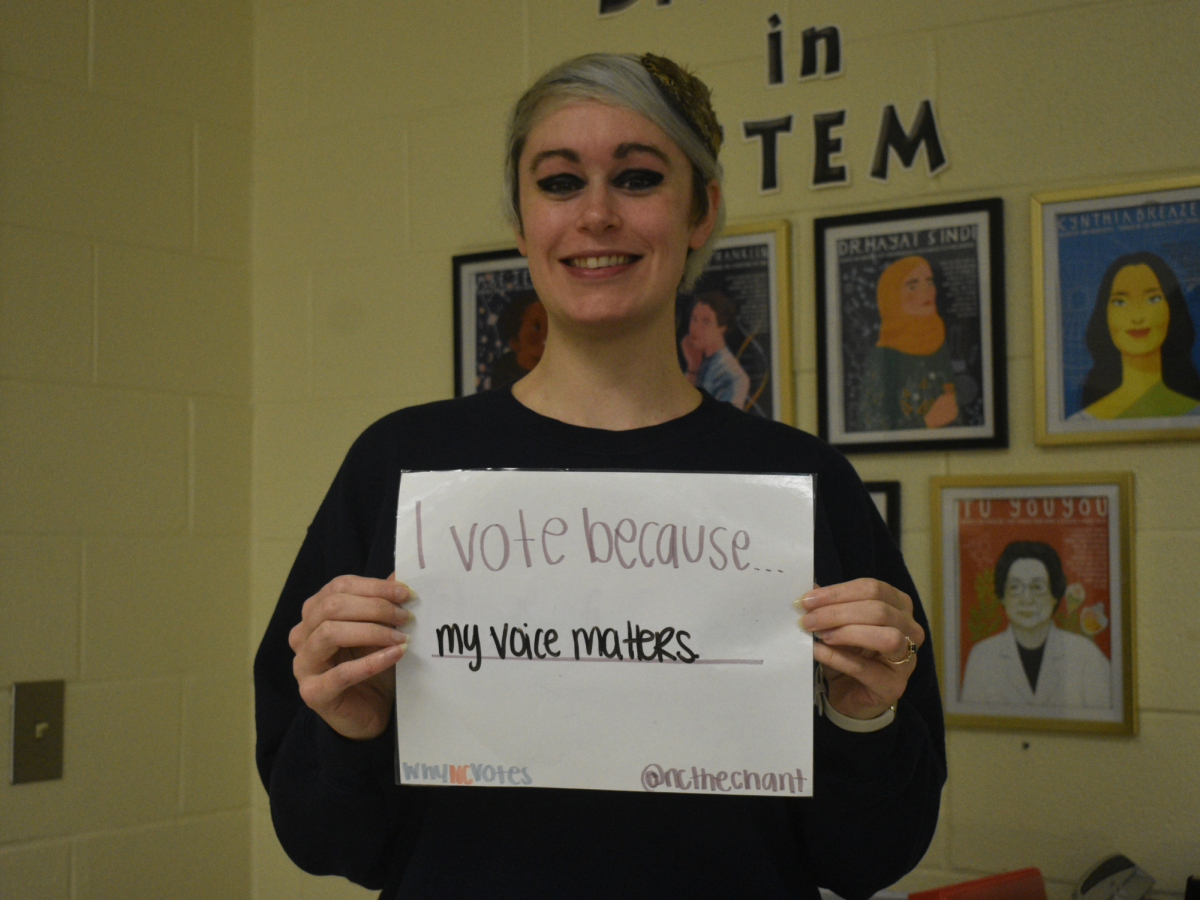

![For several government and politics educators around the U.S., an election season represents a key time to educate their students through tangible examples. In the case of Advanced Placement (AP) Comparative Government teacher Carolyn Galloway, this opportunity not only excites her but fervently aligns with her zeal for democratic processes. Through her personal and professional experiences with voting and government, Galloway encourages her students — both those who can vote and those who can not — to enter into elections informed about any topics on the ballot. “[Voting] impacts your government, especially on the local level, because not a lot of people vote on the local level. Who you vote for, how you vote, and whether or not you understand what you are voting for impact everything from who your tax commissioner is, to who your president is, to what ballot measures pass. All of those impact the way the government works for you,” Galloway said.](https://nchschant.com/wp-content/uploads/2024/10/galloway-photo-2-1200x900.png)
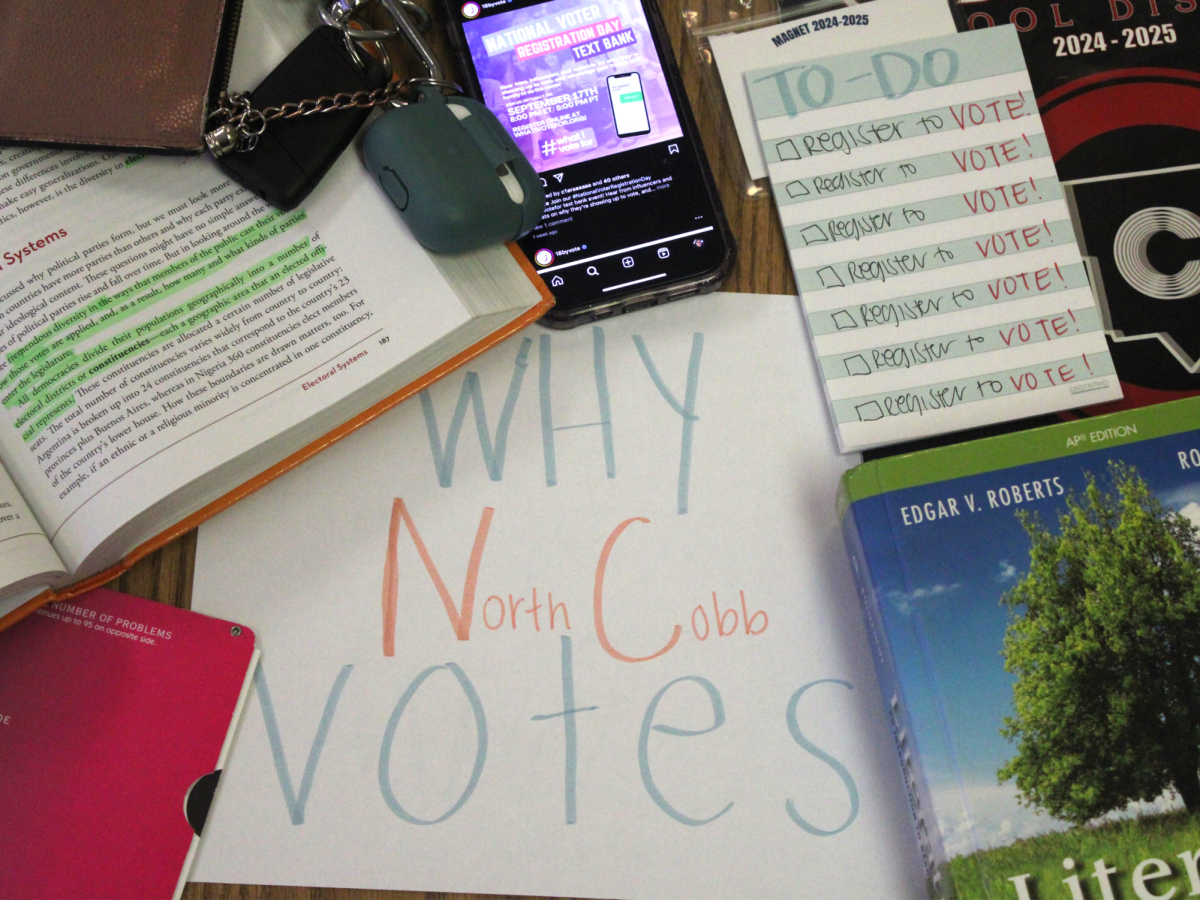
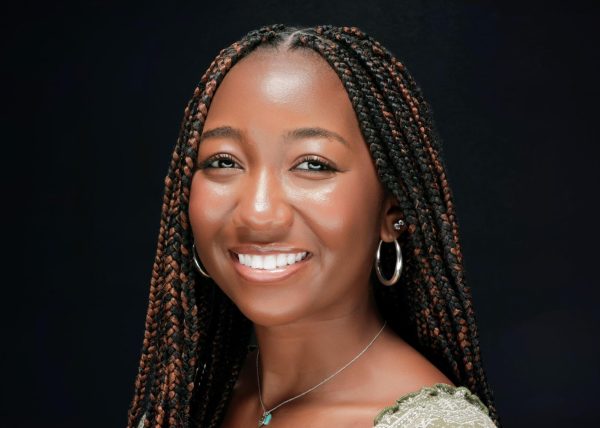
Steve Duby • Oct 25, 2024 at 9:55 PM
This is an excellent article!